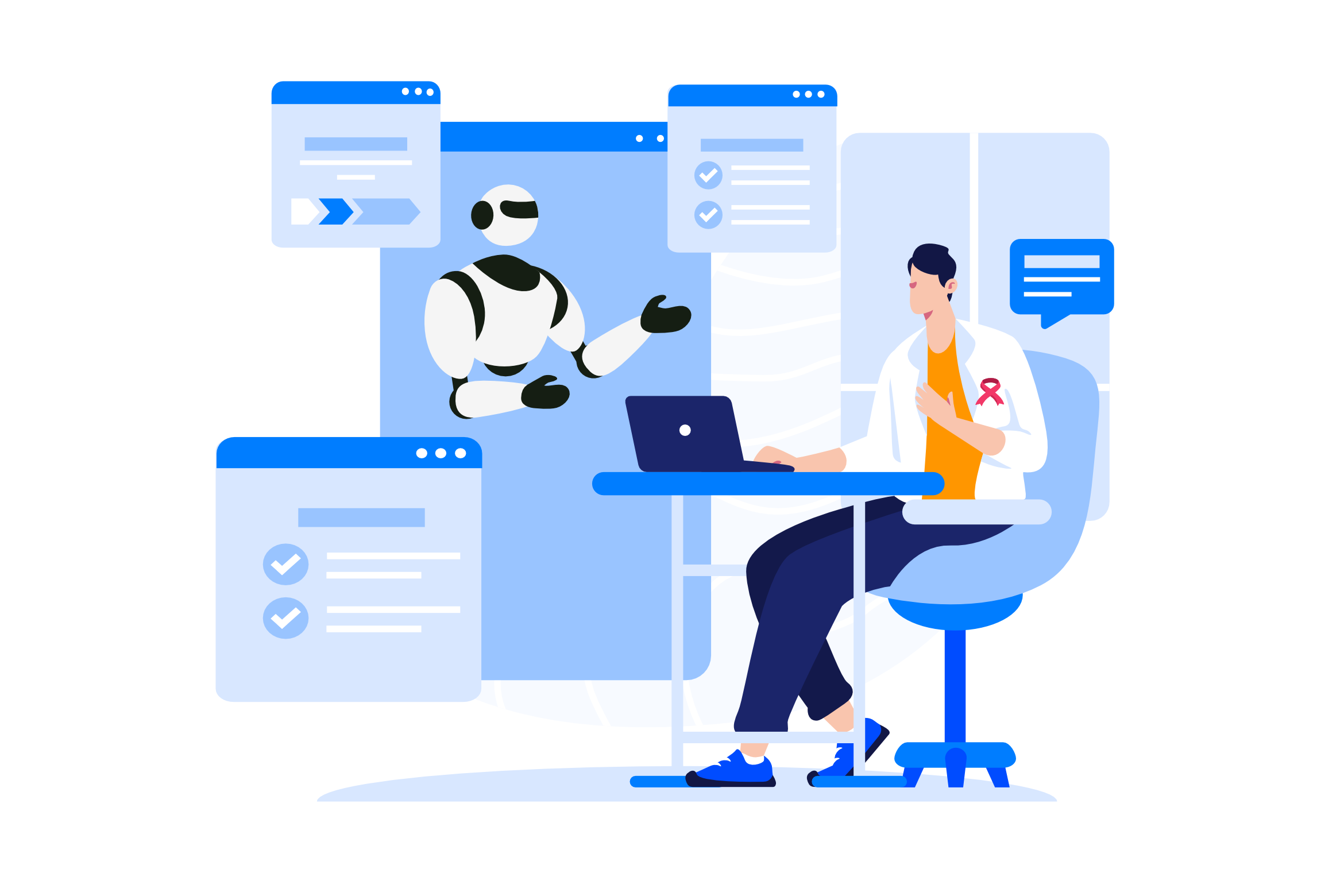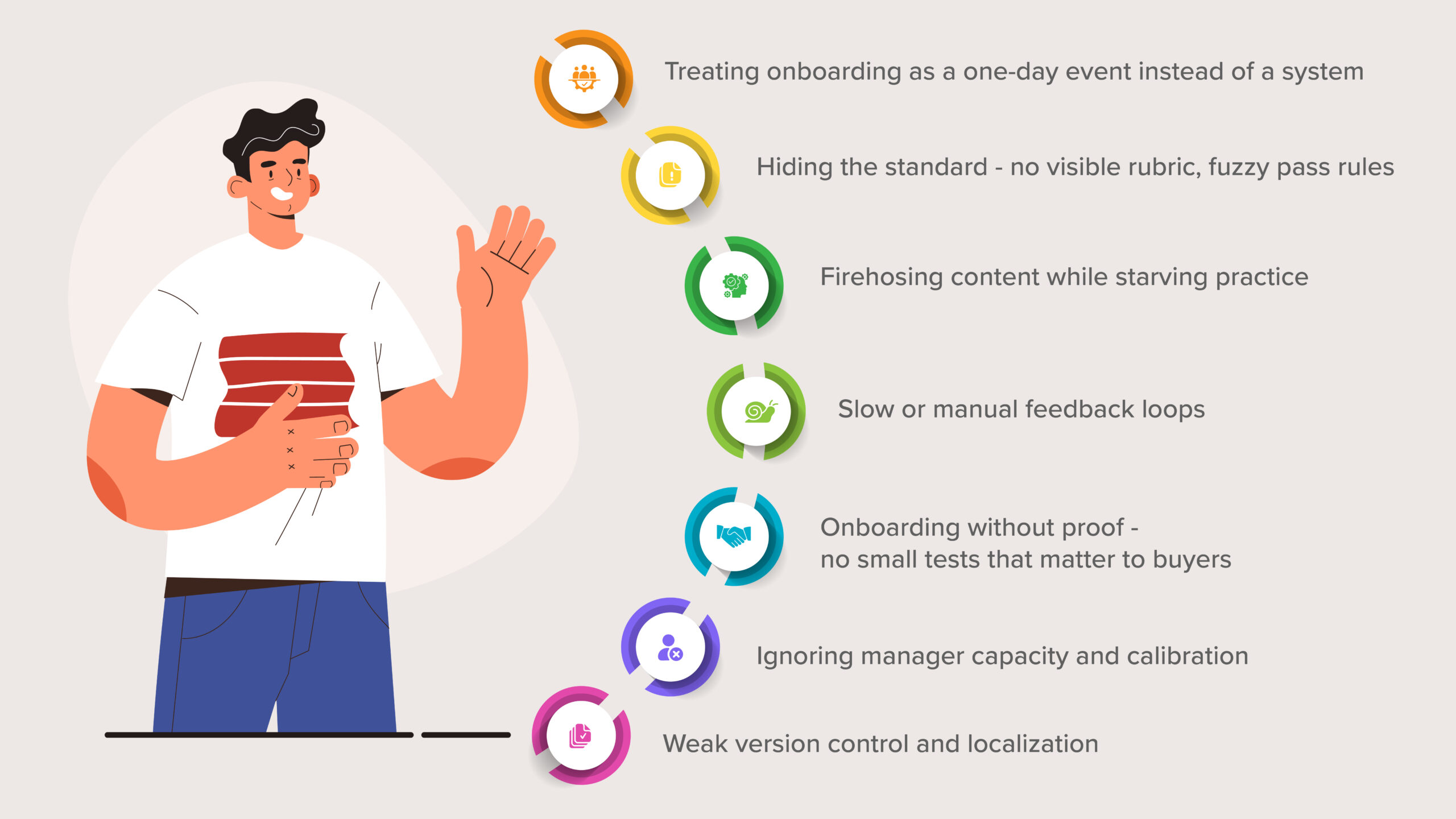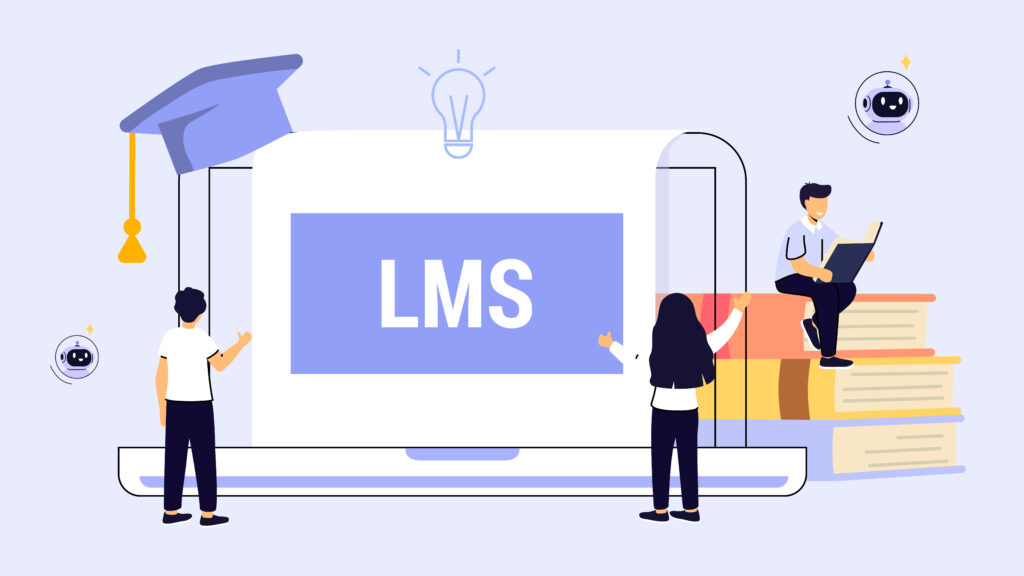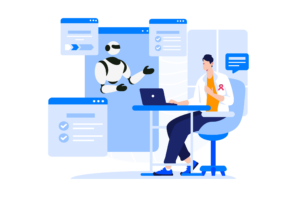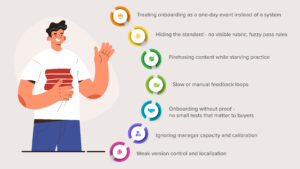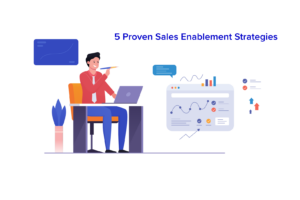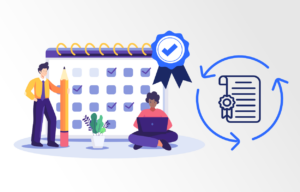The Shifting Demands of Sales Training in Regulated Markets
Over the years, the Learning Management System (LMS) has been the cornerstone of sales training. In regulated industries such as pharmaceuticals, medical devices, and MedTech, these platforms became synonymous with tracking of compliance, performance, and learning modules. While these systems serve a purpose, they were designed in a time when sales training was one-dimensional, which was to pitch and close.
Modern-day sales teams are up against a new set of challenges – more competitors in the market, tougher and more complex customer objections, and constant pressure to stay agile in every conversation. KSMs, MSLs, Sales Managers, Field Representatives, and Account Managers must deliver precise, confident, and compliant conversations with healthcare professionals. Yet, ensuring the same for thousands of geographically dispersed sales teams isn’t feasible.
On top of that, tracking each rep’s performance and pinpointing focus areas becomes even more challenging when the stakes are high and the team is large. In today’s market, where every conversation matters, training can’t be generic, static, or disconnected. Relying on PowerPoint decks and lecture-style sessions, it needs to be proactive, engaging, and designed to motivate reps to participate frequently and with purpose.
Table of Contents
Where Legacy LMS Platforms Fall Short
Most LMS platforms were designed for a simple purpose: to deliver content and track progress. This approach was enough when the primary goal of training was simply to have employees read the same policy document or view the same slide; however, when the objective shifts to preparing sales teams for high-stakes customer interactions, traditional LMS system tends to show limitations since the focus is on information delivery and not skill application.
Let’s assume a pharma sales rep is preparing for a meeting with an oncologist who is skeptical about a new therapy. The rep must be ready to respond with confident, compliant answers to the complex questions, ensuring key clinical information such as trial dates, patient eligibility, and side-effect management is explained in detail.
Now, a legacy LMS module with static slides and a simple multiple-choice quiz won’t be able to replicate the real-world back-and-forth exchange with a real customer. The same is applied to Medical Science Liaisons, when they brief a panel of specialists or maybe a reimbursement manager negotiating with a buyer.
These roles demand quick thinking, adapting to real-time messaging, and confident handling of complex customer objections.
In contrast to this, the LMS module produces reps who have passed the quiz with 4 options for a prompt and untested for real-world scenarios, leading to a critical gap between certification and actual readiness.
The Future of Sales Excellence: AI-powered Roleplays
Traditional training and classroom simulations have always been an integral part of training sales teams over the decades. But leading organizations have realized that they are often time-consuming, infrequent, and heavily dependent on the trainer’s availability.
AI-powered Roleplay is reshaping the landscape using advanced conversations and realistic AI avatars to replicate real-world customer experiences. The avatars simulate interactions that range from a skeptical customer, a potential buyer or even a compliance officer. These conversations help sales reps build confidence, practice, and sharpen their objection-handling skills anytime & anywhere.
Each session is evaluated based on various factors, which can be pre-set by the managers, like messaging accuracy, confidence meter, and other factors that assist them in complete readiness. With built-in dashboards, managers get reports right after each session and focus on those reps who need attention to save the trainer’s time and cost per session: All in a unified platform to manage geographically dispersed teams.
When deployed across globally dispersed teams, AI-driven Roleplay platforms deliver three strategic benefits:
i. Consistent Messaging:
Uniform, scenario-based learning for each rep aligned to the organization’s messaging and compliance standards.
ii. Reinforced Learning:
Instead of following static PPT slides, decks of content throughout the session, reps can now engage with realistic AI avatars anytime, anywhere, in a comfortable space, unlike workshop and classroom-style lectures.
iii. Actionable Insights:
Sales managers can now get the performance reports, scores, and suggest feedback in one platform against each session.
3 Reasons why sales leaders prefer AI Roleplay platforms
For today’s C-suite leaders, the debate around AI-powered roleplay is no longer ‘if’ but ‘how fast’. The question is how quickly it can be deployed across three critical areas to deliver measurable results.
i. Compliance Risk Reduction
In heavily regulated fields, one small mistake can cost you big time, both your reputation and your bottom line. You can’t just rely on one-off training sessions anymore. What sticks is regular practice combined with real-time feedback and coaching. That’s what changes how people act and keeps them on the right side of compliance. AI-driven roleplay allows dispersed teams the ability to apply regulatory knowledge under realistic conditions, making compliance a practiced behavior.
ii. Revenue Impact
According to Forrester, companies that invest in modern sales enablement platforms that include AI-augmented learning and content readiness achieve an average 20 percent increase in commercial results. This directly supports the case for AI roleplay, where smarter and more adaptive training results in stronger pipelines and higher close rates.
iii. Operational Efficiency
Revenue enablement platforms show that AI is transforming efficiency by integrating content, coaching, and performance dashboards into a single system. This way, workflows can be streamlined, which frees up managers from repetitive coaching and allows them to focus on strategic execution.
Practical Use Cases: AI Roleplay in Action
AI Roleplay platforms adoption is accelerating, with sales leaders ever so slightly inclined to deploy across these critical areas, but the real proof lies not in theory but in the field. Let’s explore how it works in real-world practice across industries:
Scenario 1: New Product Launch
Whenever a global pharma company prepares to launch a first-in-class oncology drug or new product in the market, the foremost challenge is to enable hundreds of field reps to confidently handle complex clinical conversations and objections. With AI Roleplay, sales teams can engage with virtual healthcare professionals who challenge them on product specifications, safety protocols, and competitive positioning. This immersive practice shortens the readiness gap between training and customer engagement, ensuring reps are fully prepared by launch day.
Scenario 2: Global Compliance Alignment
In financial services, inconsistent compliance execution across geographies can lead to costly penalties and reputational harm. AI Roleplay recreates real-world customer conversations within the context of local regulations and cultural norms, allowing teams in multiple markets to apply compliance rules correctly. By standardizing training across regions, organizations can reduce regulatory risk and maintain consistent client trust worldwide.
Scenario 3: Manager-led Coaching at Scale
In banking, financial services, and insurance, managers often struggle to provide consistent coaching across large, dispersed teams. AI Roleplay delivers detailed performance analytics on each rep’s conversations: highlighting gaps in accuracy, empathy, and objection handling. Managers can use these insights to deliver targeted, high-value coaching without spending hours in live shadowing sessions, dramatically increasing the reach and efficiency of leadership oversight.
Preparing for the Future: AI Roleplay and Beyond
The performance gap between AI-enabled sales teams and those relying solely on traditional training is widening. In pharma and med-tech, that gap translates into more than lost revenue. It results in lost trust, missed opportunities, and increased compliance risk.
Global leaders are already using SmartWinnr’s AI Roleplay to keep every conversation compliant, consistent, and impactful. With scenario templates designed for complex product launches, multilingual capabilities for global reach, and analytics that identify compliance gaps in real time, your teams can be ready for any market, anywhere.
The decision is clear. Teams that adopt now will become faster, sharper, and more adaptable with every interaction they practice. Those who wait risk falling behind competitors that are already embedding AI into their sales readiness strategies.
In this industry, every conversation counts. The right preparation today will determine tomorrow’s market leaders.
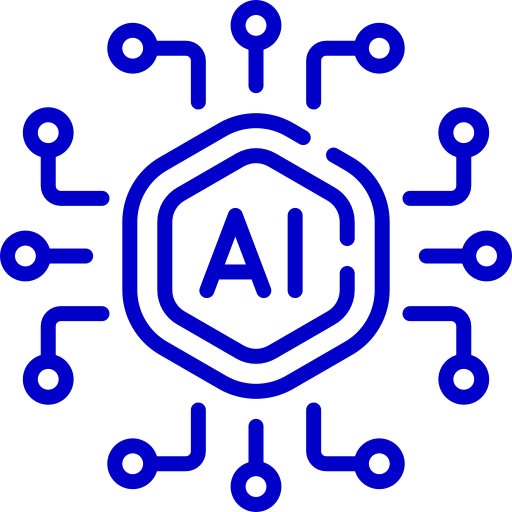 Two way AI Role Plays
Two way AI Role Plays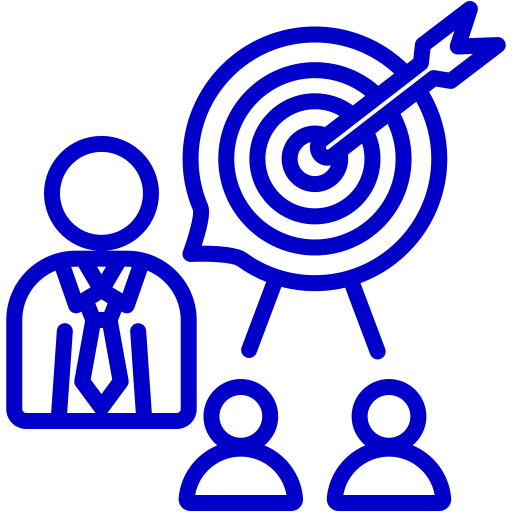 Targeted Learning
Targeted Learning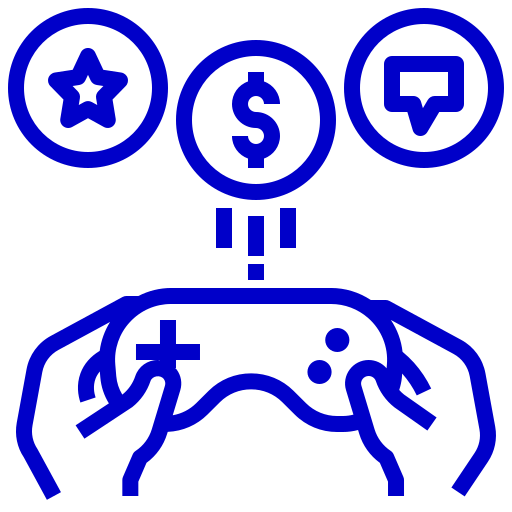 Gamification
Gamification Sales Coaching
Sales Coaching Sales Contest
Sales Contest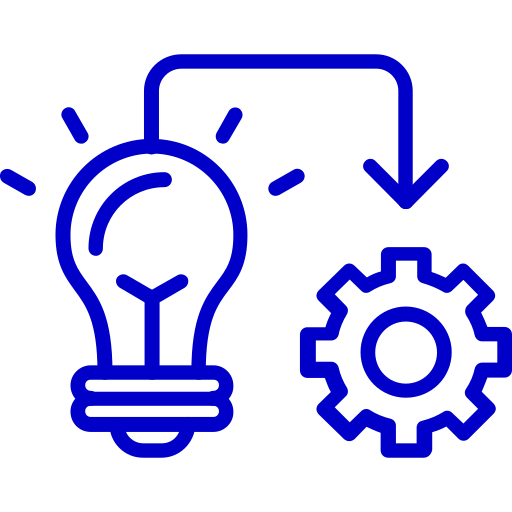 Implementation
Implementation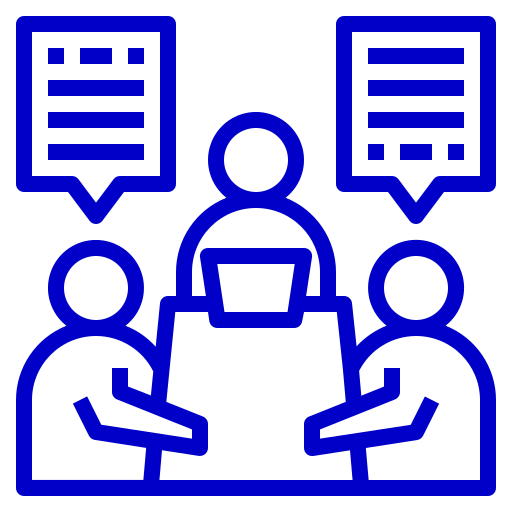 Consulting
Consulting Enterprise Ready
Enterprise Ready Pharmaceuticals
Pharmaceuticals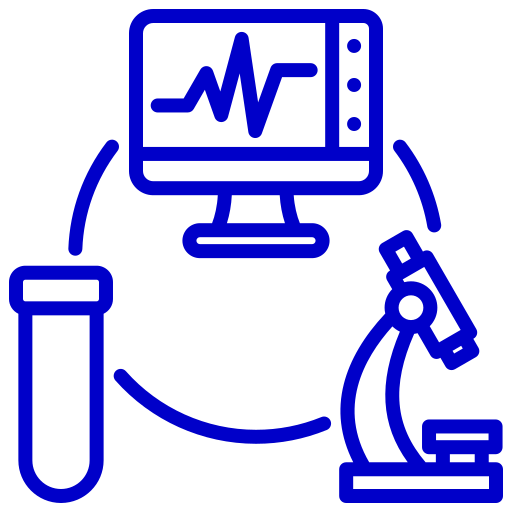 Medical Devices
Medical Devices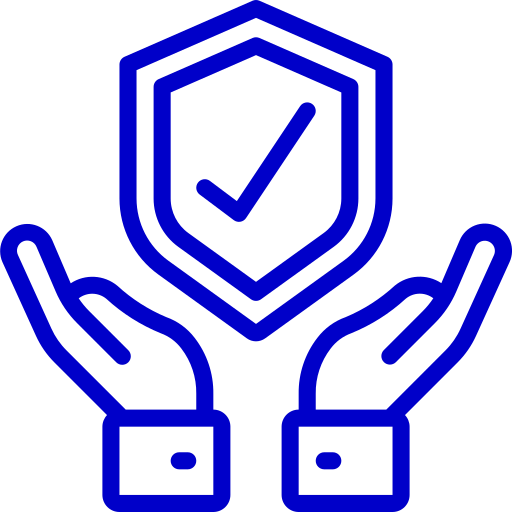 Insurance
Insurance Banking
Banking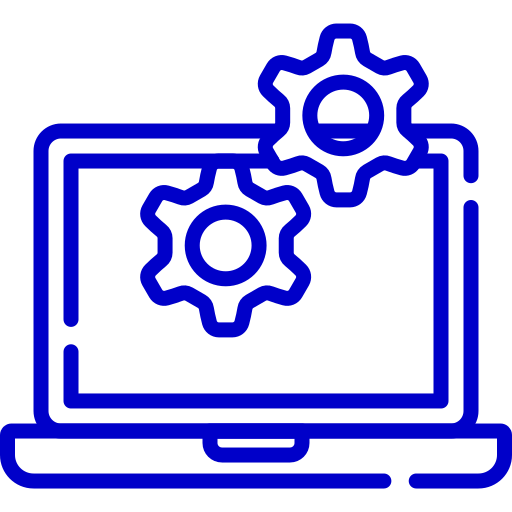 Technology
Technology Senior Living
Senior Living Sales
Sales Call Centers
Call Centers Marketing
Marketing Improve Sales Productivity
Improve Sales Productivity New Hire Onboarding
New Hire Onboarding New Product Launch
New Product Launch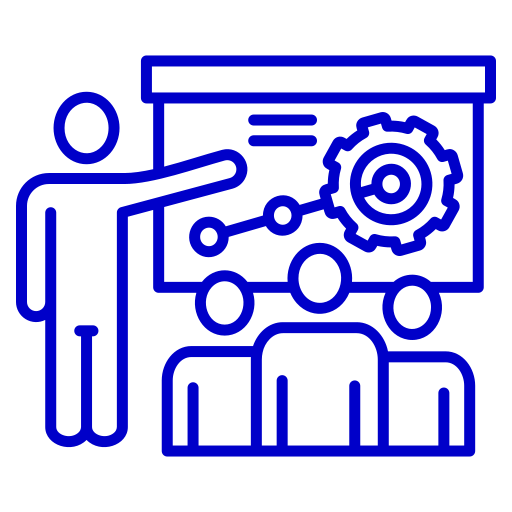 Channel Partner Training
Channel Partner Training Sales Events
Sales Events Success Stories
Success Stories Whitepapers and eBooks
Whitepapers and eBooks Contest Template Designer Tool
Contest Template Designer Tool Sales Training
Sales Training Gamification
Gamification All Blogs
All Blogs